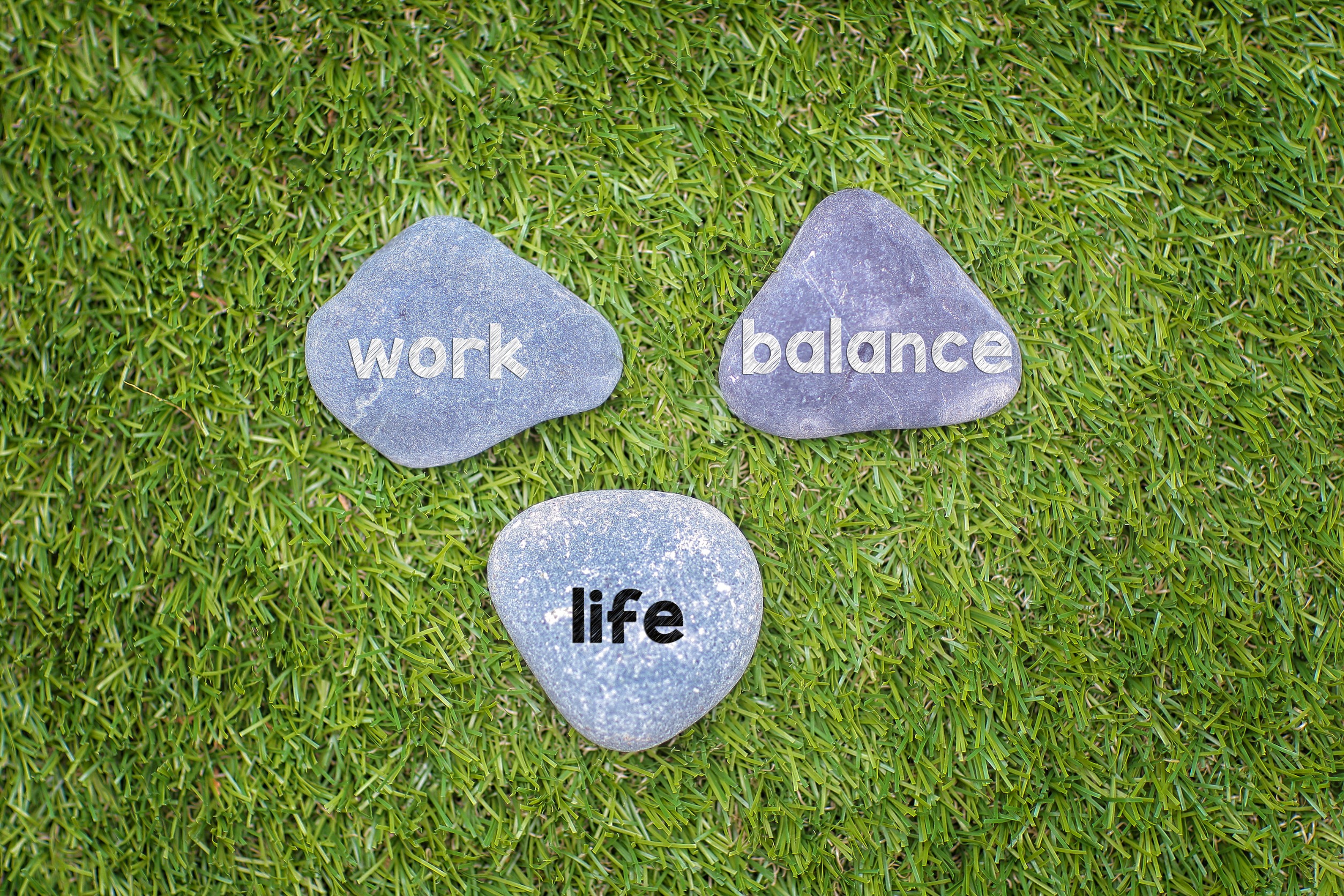In today’s fast-paced, high-stakes work environment, the pursuit of higher salaries and prestigious titles often overshadows personal well-being and fulfillment. However, an emerging trend among professionals is the conscious decision to take a pay cut in exchange for greater happiness and a more balanced life. This choice, while seemingly counterintuitive in a world driven by financial success, can lead to profound and positive changes. Whether it’s to escape the grind of a high-stress job, to pursue a passion, or simply to find more time for personal pursuits, switching to a lower-paying job can be a transformative experience.
A study commissioned by Ford found that half of the global workforce would take a 20% pay cut in favor of prioritizing their quality of life. Especially since the COVID-19 Pandemic, workers are reevaluating their priorities. In this article, we explore 13 significant ways your life can change for the better when you prioritize happiness over a hefty paycheck.
1. Embracing Work-Life Balance
Switching to a lower-paying job often means gaining more control over your schedule. Many people find that with fewer work hours or more flexible schedules, they can devote more time to family, hobbies, and self-care. This shift can significantly improve overall well-being, reducing stress and burnout. Work-life balance isn’t just a buzzword; it’s a crucial aspect of a fulfilling life.
2. Reconnecting with Passions
A lower-paying job might provide an opportunity to pursue a field you’re passionate about. When work aligns with personal interests, job satisfaction tends to increase. This change can reignite a sense of purpose and motivation that might have been missing in a higher-paying but unfulfilling role. Passion-driven work can lead to greater creativity and innovation.
3. Reducing Stress Levels
High-paying jobs often come with high levels of stress and demanding responsibilities. By opting for a lower-paying position, you might experience a significant reduction in stress. Less stress can lead to better mental health, improved physical health, and a more positive outlook on life. Stress management becomes more manageable when work pressures decrease.
4. Enhancing Personal Growth
Lower-paying jobs can offer more opportunities for personal and professional development. These roles may provide a chance to learn new skills, take on diverse projects, and grow in ways that a high-stakes job might not allow. Personal growth is often more achievable when the pressure to constantly perform at peak levels is alleviated. Ultimately, taking a lower-paying job can be essential for your growth.
5. Building Stronger Relationships
More free time can lead to deeper and more meaningful relationships with friends and family. When you’re not constantly preoccupied with work, you can invest more in the people who matter most to you. Strengthening these bonds can lead to a more supportive and fulfilling personal life, contributing to overall happiness. All in all, a lower-paying job can strengthen your relationships.
6. Finding Joy in Simplicity
A lower income often encourages a simpler lifestyle, which can be surprisingly fulfilling. Learning to live with less can foster gratitude and appreciation for the small things in life. This shift can lead to a more mindful and content existence. By focusing on experiences and relationships over material possessions, you can achieve greater happiness.
7. Discovering New Hobbies
With more free time and less financial pressure, you might discover new hobbies and interests. Engaging in activities purely for enjoyment can enhance your quality of life and provide a sense of accomplishment. New hobbies can also lead to new social connections and opportunities for learning and growth. Altogether, a lower-paying job can give you the freedom and flexibility to pursue things that matter to you.
8. Improving Physical Health
Less demanding jobs can provide more time and energy to focus on physical health. Regular exercise, better sleep, and healthier eating habits often become more feasible. Improved physical health can lead to increased energy levels, better mood, and a stronger immune system. Ultimately, this can contribute to a higher quality of life.
9. Enhancing Mental Well-being
Mental health can significantly improve when work-related stress decreases. Lower-pressure environments allow for more mental clarity and peace. This can reduce the risk of anxiety and depression, fostering a more balanced and positive state of mind. Mental well-being is crucial for overall happiness and productivity.
10. Embracing Financial Mindfulness
While a lower income requires more careful budgeting, it can also foster better financial habits. You may become more mindful of spending, saving, and prioritizing needs over wants. Financial mindfulness can lead to long-term financial stability and less stress about money matters. Even though taking a lower-paying job for happiness may be challenging financially at first, in time, it can lead to greater financial freedom.
11. Feeling a Sense of Community
Lower-paying jobs are often found in smaller companies or non-profit sectors where a sense of community is stronger. Working in a close-knit team can create a supportive and collaborative work environment. This sense of belonging can enhance job satisfaction and make work feel more like a second home. In turn, you may feel a greater sense of happiness every day.
12. Realigning Life Goals
Switching to a lower-paying job can prompt a reassessment of life goals and priorities. This realignment can lead to a more purposeful and intentional life. By prioritizing things other than your career, you can find greater fulfillment. Clarifying what truly matters can guide future decisions and create a clearer path toward long-term happiness.
13. Experiencing Greater Job Satisfaction
Overall job satisfaction can increase when your work aligns with your values and passions, even if the pay is lower. Finding joy and fulfillment in what you do every day can outweigh the financial trade-offs. Job satisfaction is a key component of overall happiness. Focusing on job satisfaction can lead to a more rewarding career journey.
The True Measure of Success
Taking a pay cut for happiness challenges the conventional measure of success. It highlights the importance of balance, fulfillment, and well-being over financial gain. While the transition might come with its challenges, the potential for a happier, healthier, and more meaningful life is a worthy pursuit. In the end, success is not just about the paycheck but about living a life aligned with your true self.
Read More
Why Women Call It Quits: 15 Factors Behind Leaving Their Husbands
How to Become Debt-Free: 10 Tips That Work

Teri Monroe started her career in communications working for local government and nonprofits. Today, she is a freelance finance and lifestyle writer and small business owner. In her spare time, she loves golfing with her husband, taking her dog Milo on long walks, and playing pickleball with friends.

















Speak Your Mind